Sichuan peppercorn is a unique spice that creates a tingling, numbing sensation rather than heat. Unlike chili peppers that burn, this spice stimulates nerve endings through hydroxy-alpha-sanshool compounds, producing a distinctive buzzing feeling that enhances other flavors in dishes. Properly used, it adds complexity without overwhelming heat.
This comprehensive guide explains everything you need to know about Sichuan peppercorn—from identifying authentic varieties to avoiding common preparation mistakes that ruin dishes. Whether you're a beginner or experienced home cook, you'll learn practical techniques to harness its unique properties in your cooking.
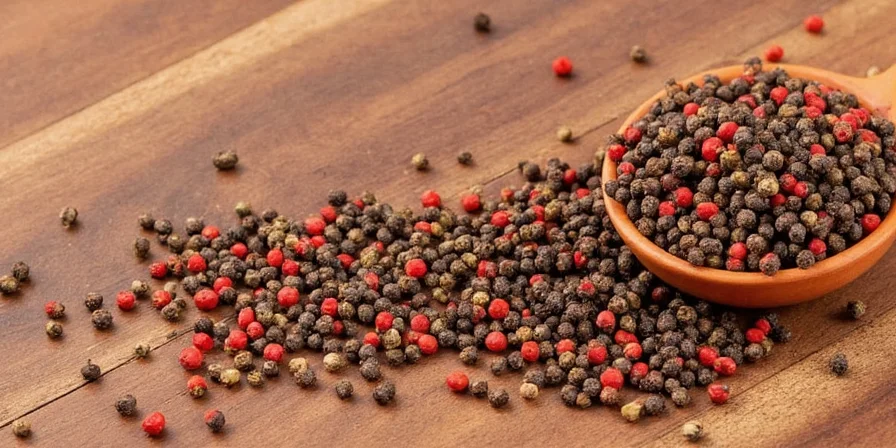
Table of Contents
- What Exactly Is Sichuan Peppercorn? (Not Actually Pepper!)
- Myths vs. Facts: Busting Common Misconceptions
- The Science Behind the Tingle: How It Works
- 5 Practical Ways to Use Sichuan Peppercorn in Cooking
- Proper Storage: How to Keep That Zing Alive
- Understanding Different Varieties and Their Uses
- Common Mistakes to Avoid
- Frequently Asked Questions
What Exactly Is Sichuan Peppercorn? (Not Actually Pepper!)
Despite its name, Sichuan peppercorn isn't related to black pepper or chili peppers. It comes from the Zanthoxylum plant family and produces a distinctive numbing sensation rather than heat. The tingling effect—a characteristic called "ma" in Chinese cuisine—creates the famous "mala" (numbing and spicy) sensation when combined with chili peppers.
| Type | Flavor Profile | Best Cooking Applications |
|---|---|---|
| Red Sichuan | Woody, citrusy, intense numbing | Mala dishes, dry pots, braises |
| Green Qingjiao | Fresh, grassy, milder tingle | Pickling, delicate stir-fries, seafood |
| Taiwanese | Citrus-forward, gentle sensation | Desserts, light sauces, finishing touch |
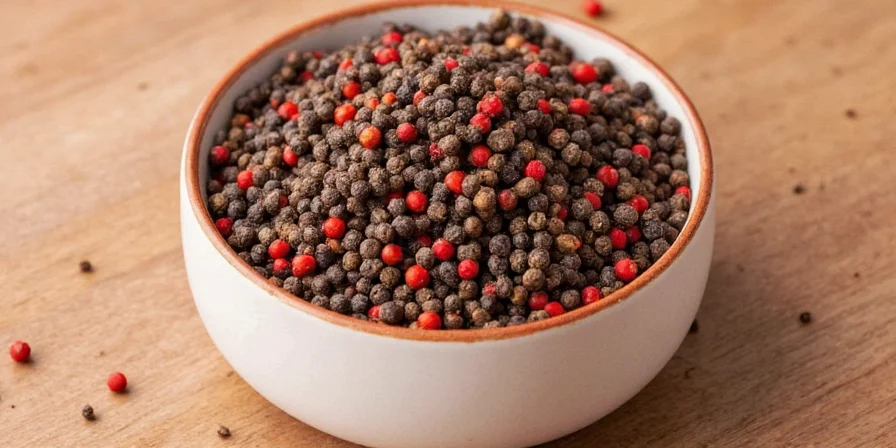
Important note: Green Sichuan peppercorns are harvested earlier in the season, capturing fresher herbal notes with about 30% less numbing intensity than their red counterparts—making them ideal for dishes where you want flavor without overwhelming sensation.
Myths vs. Facts: Busting Common Misconceptions
- Myth: Sichuan peppercorn is a type of chili pepper or produces heat.
- Fact: It creates a tingling, numbing sensation through nerve stimulation, not capsaicin-induced heat.
- Myth: All Sichuan peppercorns are red.
- Fact: Green varieties exist and offer different flavor profiles suitable for specific dishes.
- Myth: Sichuan peppercorn was banned in the US.
- Fact: Import restrictions were lifted in 2007 after safety treatments were implemented to address citrus disease concerns.
The Science Behind the Tingle: How It Works
The unique sensation comes from hydroxy-alpha-sanshool, a compound that activates specific nerve receptors in your mouth. Unlike capsaicin in chili peppers, sanshool targets mechanoreceptors responsible for touch sensation, creating that distinctive buzzing, vibrating feeling that can last for minutes.
Research from University College London's sensory lab shows this compound stimulates the same nerves responsible for detecting light touch and vibration—essentially tricking your mouth into feeling an invisible massage.
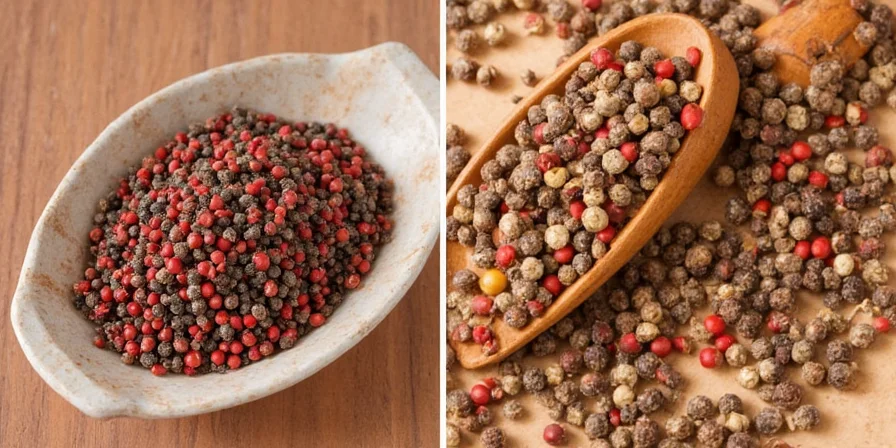
5 Practical Ways to Use Sichuan Peppercorn in Cooking
- Dry Toasting Technique: Heat whole peppercorns in a dry pan over medium heat for 2-3 minutes until aromatic, then grind for maximum flavor release. Never skip this step—it activates the volatile oils.
- Mala Sauce Base: Combine toasted and ground Sichuan peppercorn with chili oil and garlic for authentic Sichuan dishes that balance numbing and spicy elements.
- Finishing Touch: Sprinkle finely ground peppercorn over finished dishes (like roasted vegetables or proteins) to preserve the tingling sensation, which diminishes with prolonged cooking.
- Spice Rubs: Mix with sea salt and brown sugar for meats—especially effective with duck, pork, and lamb that complement the peppercorn's floral notes.
- Unexpected Pairings: Add a pinch to chocolate desserts or citrus-based dishes for a surprising flavor dimension that enhances rather than overwhelms.
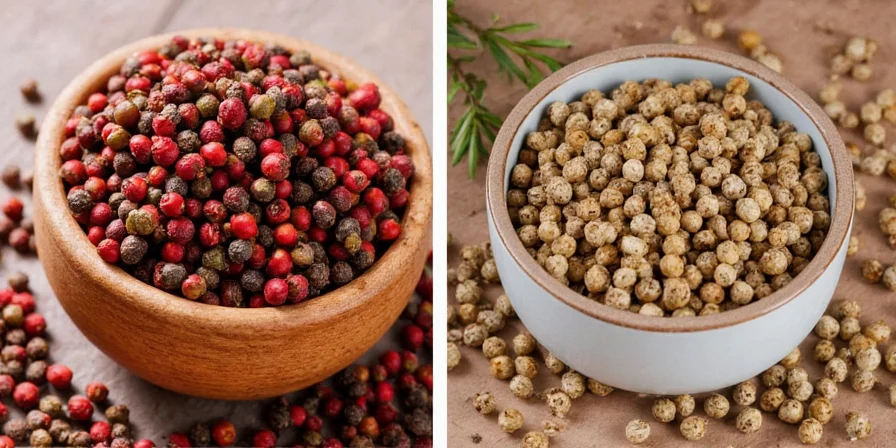
Proper Storage: How to Keep That Zing Alive
Sichuan peppercorns lose potency quickly when improperly stored. Follow these guidelines to maintain maximum flavor:
- Whole vs. Ground: Always store whole peppercorns—they retain flavor up to 6 months versus 1-2 months for ground versions
- Airtight Containers: Use dark glass jars with tight seals, stored away from light and heat sources
- Freezing Method: For long-term storage (up to 1 year), freeze whole peppercorns in vacuum-sealed bags—thaw only what you need
- Freshness Test: Rub a few peppercorns between your fingers—if you feel immediate tingling and smell citrusy notes, they're still fresh
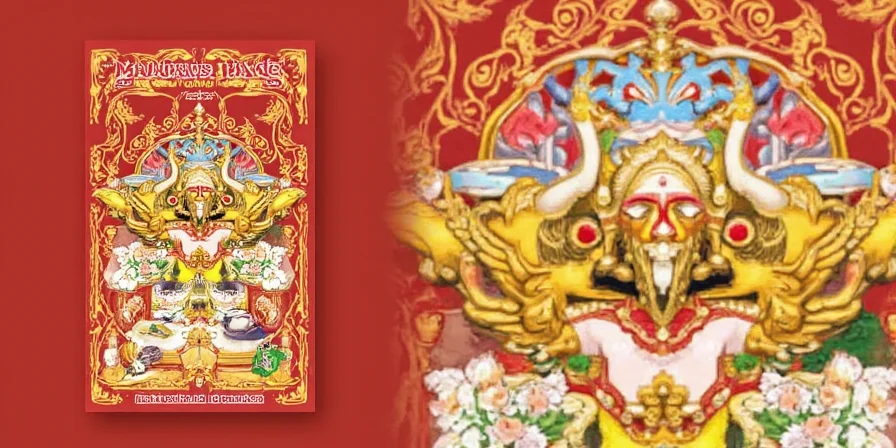
Understanding Different Varieties and Their Uses
The most common confusion involves red versus green Sichuan peppercorns. While both come from the same plant family, their harvesting time creates distinct characteristics:
- Red Sichuan peppercorn: Harvested in autumn after full ripening, with deep reddish-brown color and intense numbing quality. Best for traditional mala dishes and robust preparations.
- Green Qingjiao peppercorn: Picked in early summer while still unripe, with vibrant green color and fresher, more herbal notes. Ideal for delicate dishes where red would dominate.
- Taiwanese peppercorn: Features pronounced citrus notes with gentler sensation, making it suitable for seafood and dessert applications.
Common Mistakes to Avoid
| Mistake | Why It's Problematic | Recommended Solution |
|---|---|---|
| Using too much | Overwhelms other flavors and numbs taste buds completely | Start with 1/8 tsp per serving; increase gradually |
| Adding early in cooking | Heat degrades sanshool compounds, reducing tingling effect | Add ground pepper in final 2-3 minutes of cooking |
| Storing near strong odors | Peppercorns absorb surrounding smells, altering flavor | Keep in dedicated spice drawer away from coffee, garlic |
| Using pre-ground powder | Loses potency within weeks of grinding | Toast and grind whole peppercorns as needed |
Frequently Asked Questions
Is Sichuan peppercorn actually pepper?
No—it comes from the Zanthoxylum plant family, unrelated to black pepper (Piper nigrum) or chili peppers. The name refers to its similar culinary use, not botanical relationship.
Why does Sichuan peppercorn make my mouth tingle?
The hydroxy-alpha-sanshool compound stimulates specific nerve receptors responsible for touch sensation, creating a buzzing, vibrating feeling rather than heat.
How much Sichuan peppercorn should I use?
Start with 1/8 to 1/4 teaspoon per serving. The tingling sensation builds gradually, so it's better to under-season initially and add more as needed.
Can I substitute regular pepper for Sichuan peppercorn?
No—they create fundamentally different sensations. Black pepper produces heat through piperine, while Sichuan peppercorn creates vibration through sanshool compounds.
Does cooking destroy the numbing effect?
Heat reduces but doesn't eliminate the sensation. For maximum tingling effect, add ground peppercorn during the final stages of cooking rather than at the beginning.
Why does my Sichuan peppercorn taste musty?
This indicates improper storage or age. Exposure to moisture degrades the hydroxy-alpha-sanshool compounds. Replace if aroma resembles damp cardboard rather than citrusy notes.
Conclusion: Mastering Sichuan Peppercorn
Sichuan peppercorn offers a unique sensory experience unmatched by any other spice. By understanding its properties and proper usage techniques, you can elevate your cooking with authentic flavors that dance across your palate.
Remember: proper toasting, careful measurement, and strategic addition during cooking make all the difference. Whether you're preparing traditional Chinese dishes or experimenting with modern fusion cuisine, Sichuan peppercorn provides that special something that transforms ordinary meals into extraordinary culinary experiences.

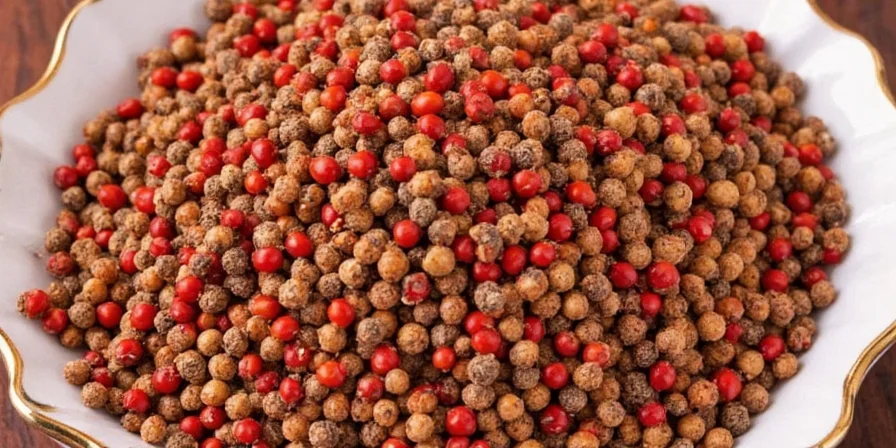









 浙公网安备
33010002000092号
浙公网安备
33010002000092号 浙B2-20120091-4
浙B2-20120091-4